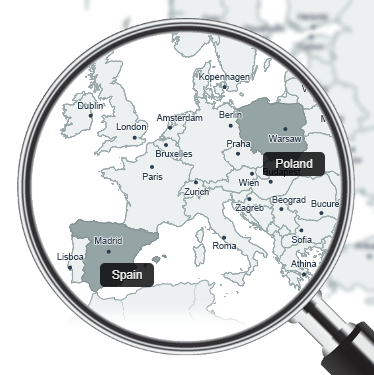- Group members: Angelika Walczak, Athanasia Myrto Zafeiriou, Nikodem Wojdziak
- Write-up in PDF
- Abstract:
Every year, approximately 300,000 students, as was stated by the European Commission (2019), decide to embark on an Erasmus+ journey. During this experience, they get to develop personally and, among others, learn to use a language or more than one language different from their mother-tongue on a daily basis. The last one initially comes as a challenge for most of them, however as the time goes on and the more incentives they get, as also suggested by Jung (2020) and Gallucci (2011), the more confident they become in using the language(s).
We were particularly interested in the further examination of the thoughts and feelings of Erasmus students while finding themselves in a different linguistic and cultural environment, as well as the level of their participation/adaptation to it. Do they manage to create a comfortable place in the country they choose to temporarily study at and, if so, is this done within the realm of Erasmus people or the broader local community? Based on Beaven and Spencer-Oatey (2016), they tend to form groups with fellow students of the programme rather than opting to open up to locals. Our field research provides more details about this aspect.
While examining Erasmus students (15, in total) from Adam Mickiewicz University, Poland and Universidad de Sevilla, Spain, the majority of whom were towards the end of their studies, we created two instruments of both quantitative (survey) and qualitative (interview) data collection to gather information for our research. It is important to mention that the survey conducted was completely anonymous.
|

